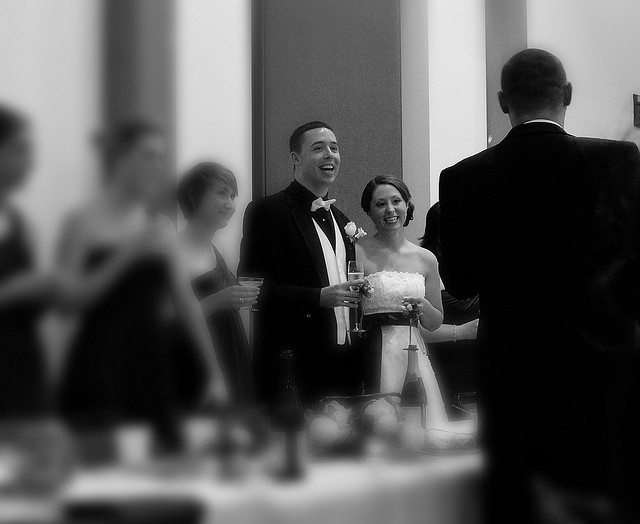The Best Way to Write a Speech
At some point, most of us will have to give a speech, or at least help someone else write a speech. It could be a short speech at a goodbye party, a best man speech, for a fund raising event, at a funeral, to address the school board, for an election, or a multitude of other events or gatherings.
Most people get excited about the opportunity to stand in front of a group of people and have them listen to what you have to say.

However, if that is how you think it works, you will likely be disappointed.
If you have to give a speech, you have to start with the understanding that the people in the audience don’t have to listen to you. You have an opportunity to tell people what you think or feel about a certain topic. Don’t waste it. Take the time to write a speech that is great.
Be Memorable
This is the goal anytime you write a speech, right? You want people to remember what you said. As you sit down to start writing, pick out the one main piece of your speech that you want people to remember, and then build the rest of the speech on that. In most cases, this item will come at the end of the speech and you will use the rest of the speech to build up to it.
Have a Structure
If you think about all the speeches you’ve heard that lost your interest, chances are pretty good that the reason your mind began to wander was because the speaker began to wander.
When you write a speech, make sure you have an overall structure that you stick to. Also use transitions from one item to the next so your audience always knows where you’re at, and why you’re moving on.
Don’t Waste the Opening
You’ve heard the phrase “you never get a second chance to make a first impression”, right? This applies when you’re writing a speech as well. Keep the intro short, but use this time to grab the attention of your audience right away.
Put them on notice that they need to pay attention because there are good things to come.
Strike the Right Tone
When you write a speech, pay attention to who you’re talking to, who you want to draw in and what you’re talking about – and then use the appropriate tone to pull all those different components together. Is your speech intended to just entertain people, or do you need to motivate and challenge them? Sometimes you might just be giving out information. Regardless, it’s important to match the tone of your speech to the purpose and audience.
Repeat Yourself
This can’t be emphasized enough. If you want people to remember what you said, tell them several times. This is especially effective when you can take a big idea and boil it down to a single phrase that you can include in your speech in multiple places.
Although you are focused on every single word you say when you write a speech, your audience likely won’t be as invested. If there is a specific idea you want them to come away with, tell them. Then tell them again. Then tell them again.
Spell Check Your Speech
Take the time to spell check your speech when you think it’s ready. This might sound like an odd part when you are talking about speech writing, but it is still important.
Even though your intent is that you are the only person who will see your written speech, it usually doesn’t turn out that way. If it is a big speech, you may have to load it into a teleprompter system of some kind. If it’s a small speech, someone from the organization you are speaking to may need to read your speech to approve it. Someone else might see your speech when it lying around before or after you give it. If anyone sees your written speech and it is full of typos and spelling errors, you will lose credibility and your brilliant speech will be reduced to the idea that you can’t spell.
The other reason you should use a spell checker when you write a speech is that when it’s time to actually give your speech, you need to focus 100% on delivery. If you have spelling errors and typos in your speech, there is a very good chance when you are reading it live, you could stumble over a word that is spelled wrong. Or worse, you might see it, and start wondering in your head if it was a typo and completely lose track of what you’re saying.
Don’t risk it. Take the time to spell check when you write a speech.
